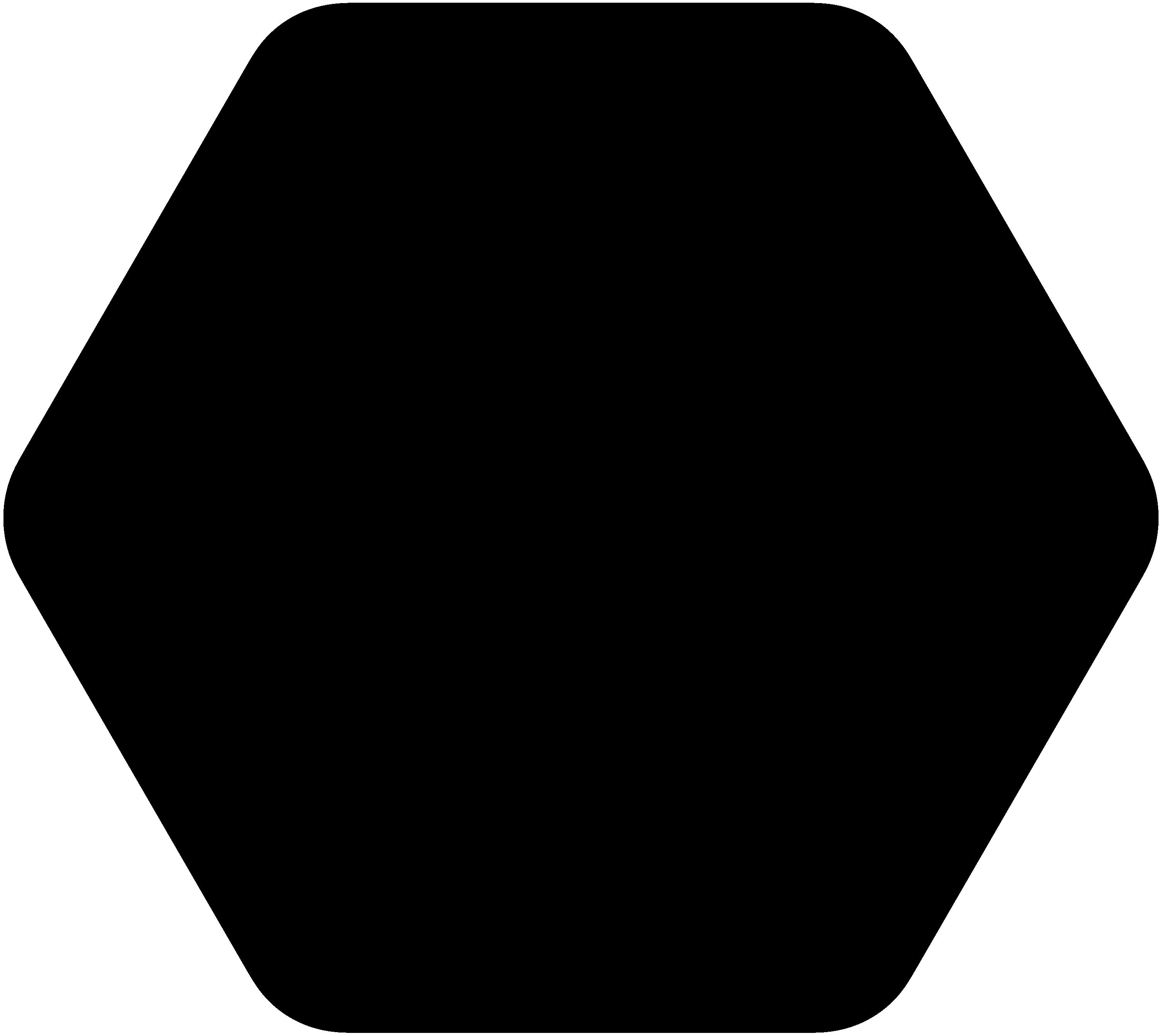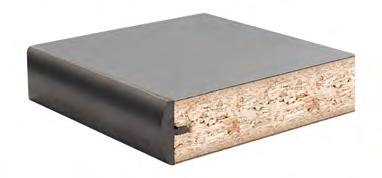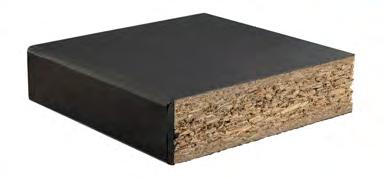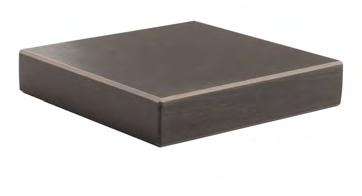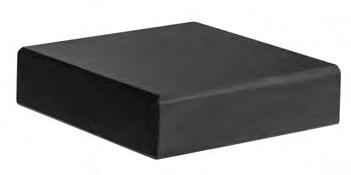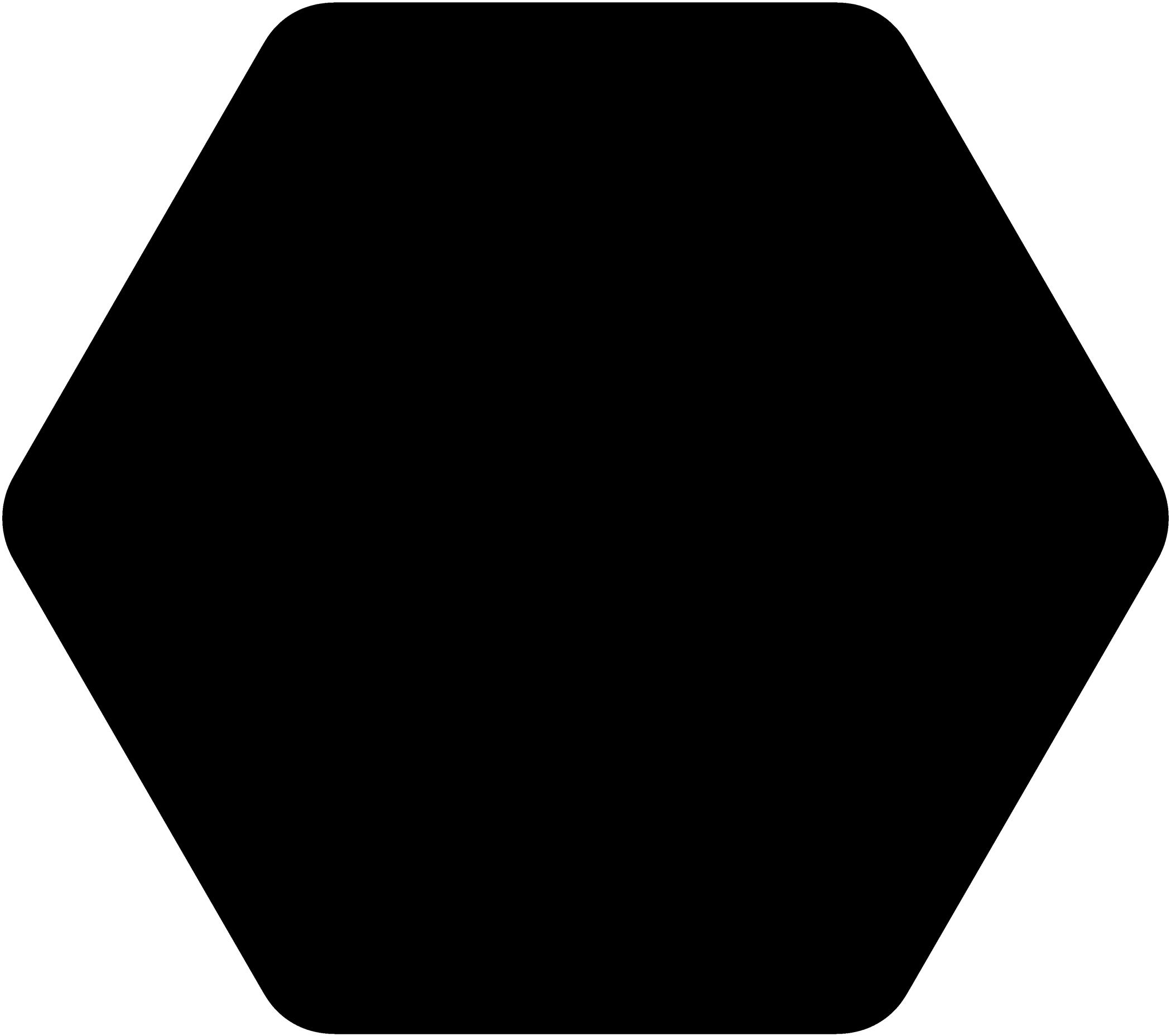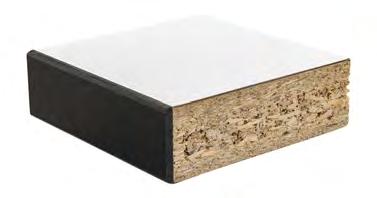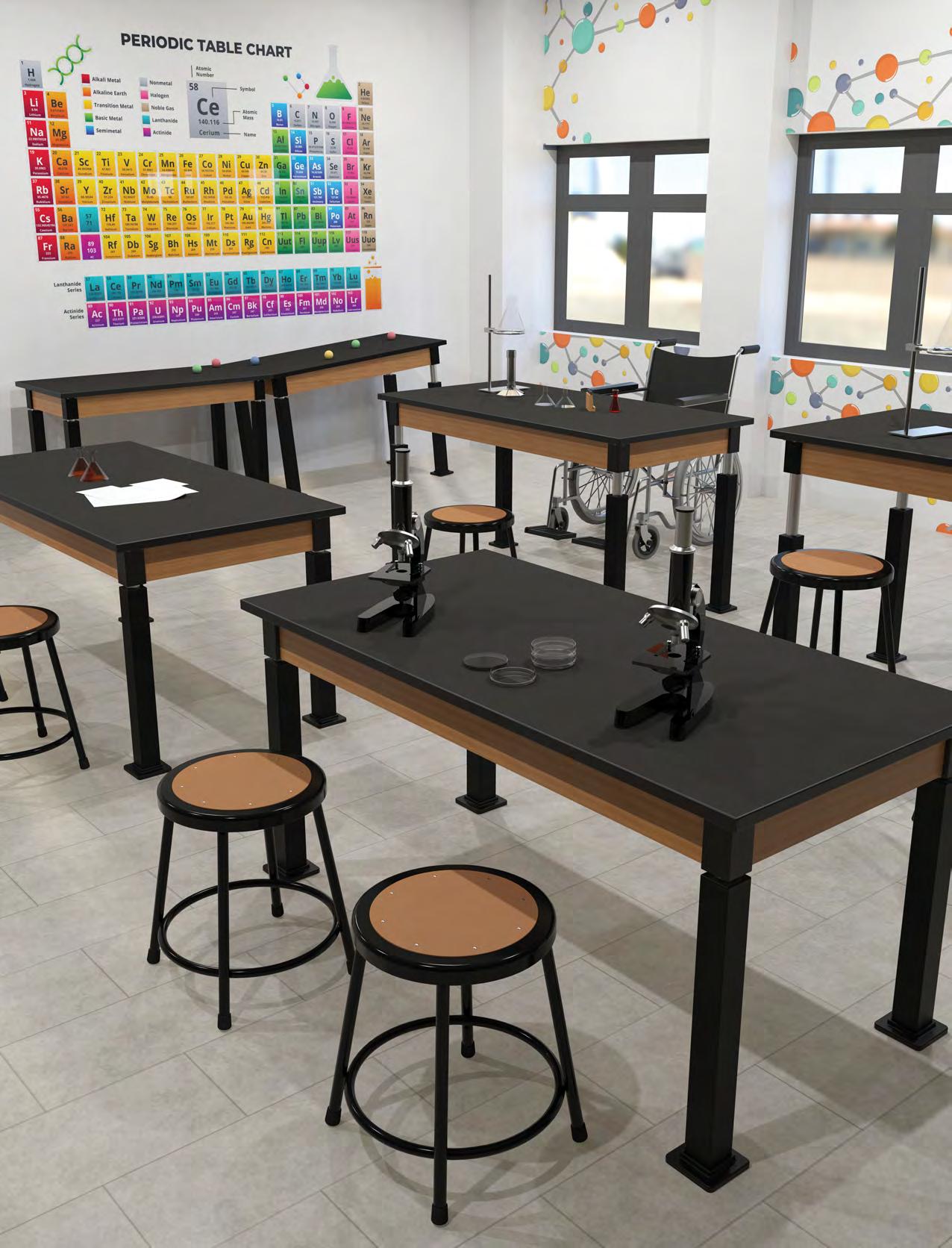SCIENCE LAB TABLETOP GUIDE
Looking into science lab tabletop surfaces?
The good news is that there are many different material options to suit a wide range of scientific environments, ranging from elementary school to high-level laboratories. The variety need not be overwhelming - using the guide below, you’ll be able to pinpoint which option works best for you. We’ve broken down the strengths and weaknesses of each tabletop. Additionally, we offer recommendations for each surface and their optimal environment setting.
High Pressure Laminate
The most basic option is a high-pressure laminate tabletop with an industrial-grade particleboard core and vinyl T-mold edging. All of these attributes come together for a durable, scratch-resistant, and affordable table surface. However, the high pressure laminate is not chemical or heat-resistant, so be sure to keep that in mind. These features mean that high-pressure laminate is well-suited for elementary-school and lower-grade classrooms, where more benign chemicals are used. Our high-pressure laminate tabletops are the perfect introductory material for younger students.
Chem-Res
Does high-pressure laminate sound too basic for your needs? The Chem-res tabletop may be your solution. While still budget-friendly, the Chem-res tabletop features a squared 3mm PVC edging and is resistant to many chemicals. However, the Chem-res’s soft surface may be susceptible to scratches if used improperly. Moreover, it is not resistant to heat or harsh chemicals. Our Chem-res tabletops are the ideal solution for middle school classrooms to conduct basic science experiments, where low-level chemicals are used.
SCIENCE LAB I TABLETOP GUIDE
Phenolic Resin
Phenolic resin table tops are made of petroleumbased chemical resin. The resin saturates craft paper within a deposit system and creates a surface resistant to harsh chemicals. However, phenolic resin is not typically resistant to extreme high temperatures. Our phenolic resin tabletops can be used for dry ice applications and can resist harsh chemicals, making them a good solution for many clinical labs.
Epoxy Resin
Epoxy Resin tabletops are a high-quality surface option. They are made by pouring a liquid mix into a mold and heating and curing it to create a solid surface. These tabletops are extremely resistant to harsh chemicals and high temperatures. Epoxy Resin’s advanced technology translates into a higher cost than the more basic materials. Please be cautious when choosing Epoxy Resin as it is vulnerable to cracking when exposed to dry ice and is scratched easily. We caution against the use of casters with these tables. Because of this, our Epoxy
Resin tabletops are best suited for use within higher education classrooms and professional labs.
TopLab Trespa
The TopLab Trespa tabletop is a high-pressure compact laminate (HPL) fabricated with natural fibers and thermosetting resins. It has been developed specifically for the most demanding functional and scientific applications. It offers a highly scratch-resistant and harsh chemical-resistant tabletop. TopLab, Trespa’s completely closed, non-porous surface, is easy to clean and reduces bacteria for a sterile environment. Its high durability comes with long-lasting hygiene and an attractive design. Our Trespa TopLab tabletops are the ideal choice in environments where hygiene, avoidance of contamination, sustainability, ergonomics, and safety are important. Ideal environments include chemical, physical, analytical and microbiological laboratories.
SCIENCE LAB I TABLETOP GUIDE
Whiteboard
A versatile option, the Whiteboard tabletop features a 1.2” particleboard core with a high-pressure laminate markerboard surface and PVC edge banding for durability. This tabletop is ideal for interactive learning environments where writing, brainstorming, and group collaboration are integral. While not resistant to heat or harsh chemicals, the surface allows easy cleaning and is perfect for classrooms, meeting spaces, and creative labs.
Elevate Your Science Labs with Tabletop Options Engineered for Excellence
